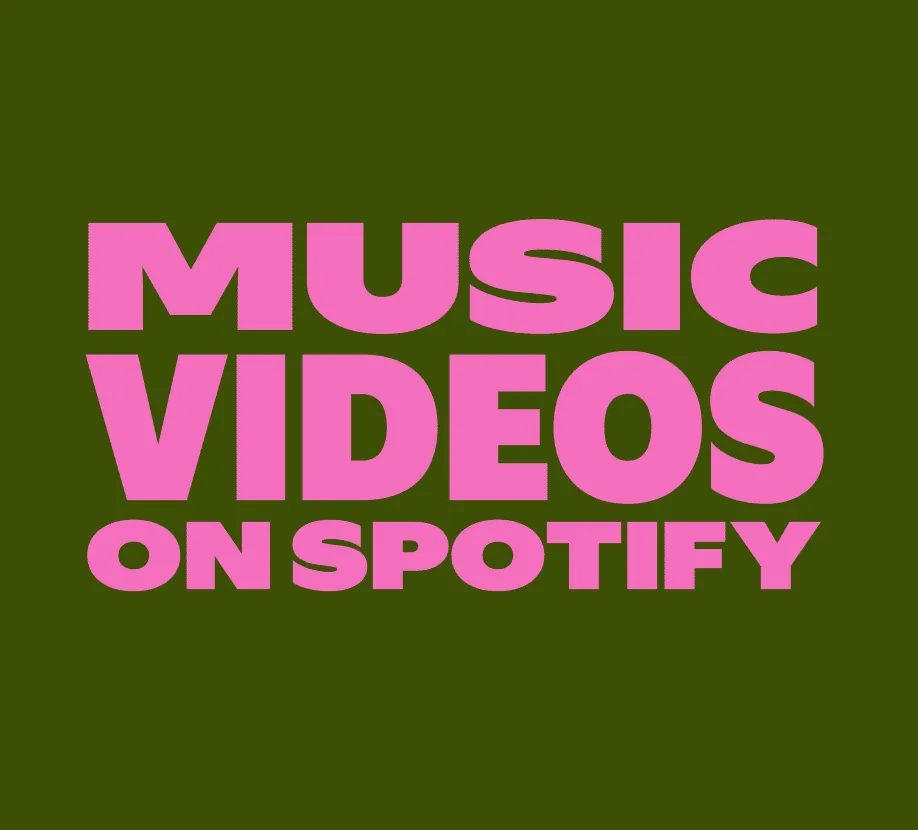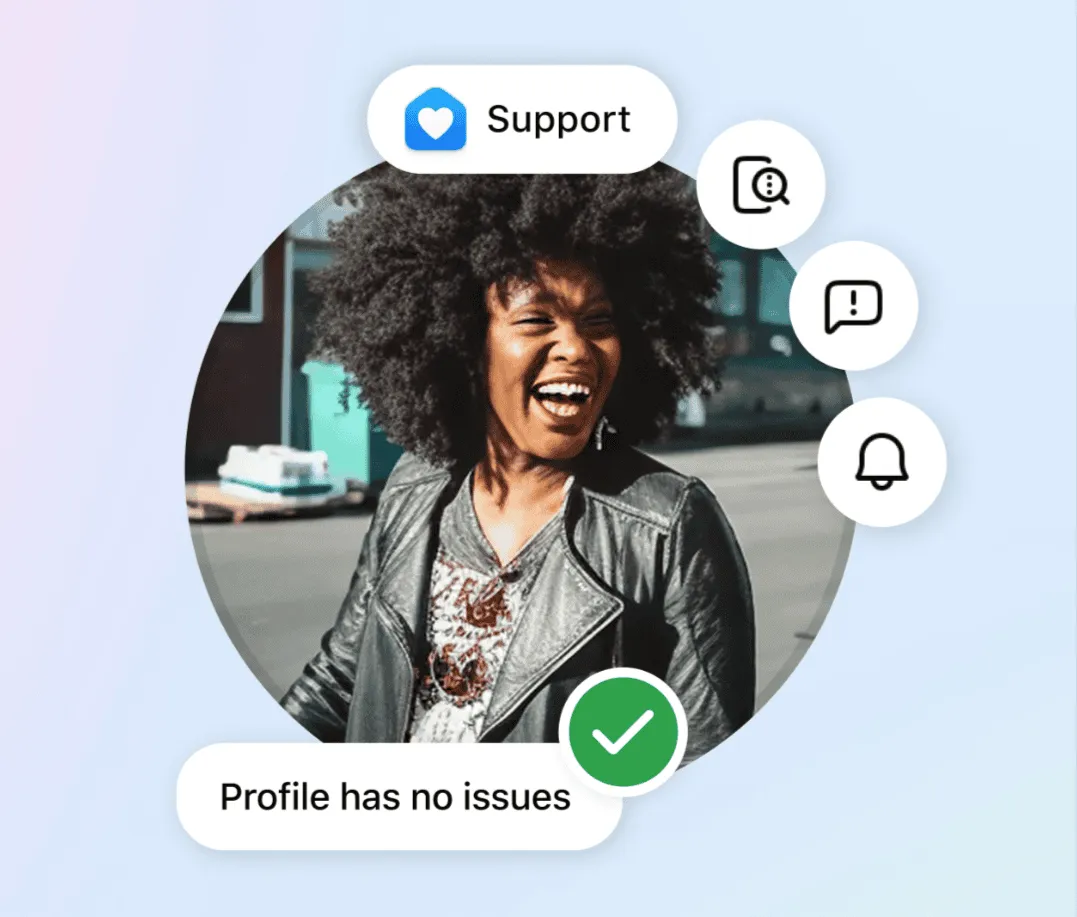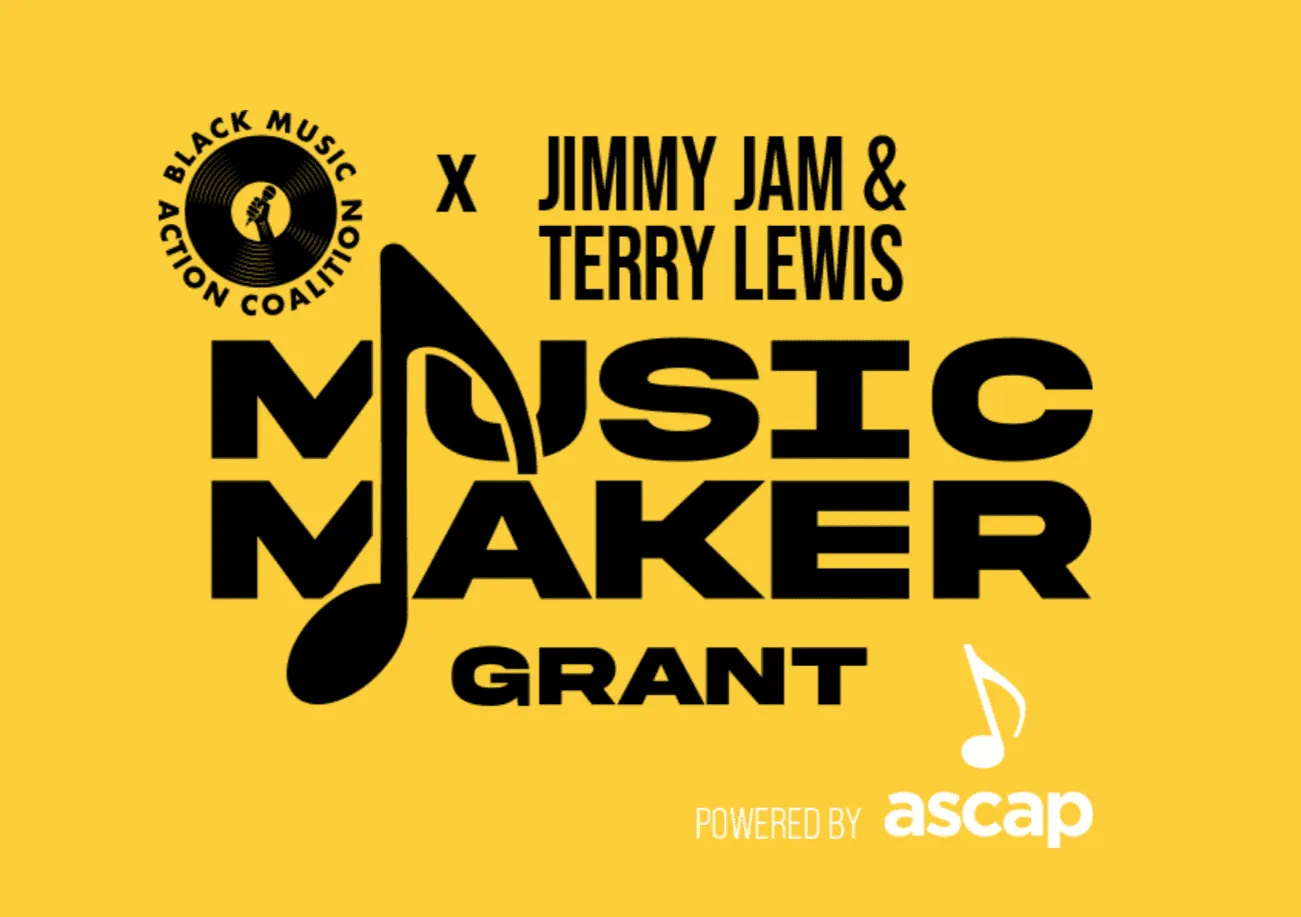This week Apple made Jelli a “Featured” app in the App Store.
Recently, I spoke with Mike Dougherty, who is CEO of Jelli, a crowdsourced and social radio service. In this interview, Dougherty talks about how his company is teaming up with traditional radio and the ways in which Jelli has enabled indie artists to get airtime on radio stations – without massive marketing budgets.
Hypbot: How are you changing traditional radio?
Mike Dougherty: Terrestrial radio reaches 239 million people every week, but the basic experience has not changed in decades. We believe that there is a huge opportunity to transform radio and improve the experience using the social web.
We are excited to make something old, new again.
There are two key elements to Jelli, our user experience which some call “crowdsourcing for radio”, and our platform, which automates individual terrestrial radio stations. Each broadcast is shaped by the audience in real time and everybody gets to be DJ by logging into www.jelli.com or by using the Jelli iPhone app.
What makes us unique is that we broadcast the experience on actual FM stations during certain times of the day. We have station partners in 20 markets including New York, Philadelphia, Boston, San Francisco and others. We’d love to take over an entire station 24/7, and are in discussions with some radio companies about that.
Hypebot: Will Jelli give artists airtime that wouldn't have it otherwise?
Mike Dougherty: Jelli democratizes radio. We’ve always loved the idea of harnessing our platform and the airwaves to broaden exposure to great new music. Last summer some Jelli users requested that we add in a new track to our on-air catalog. It was “Very Busy People” by the then unsigned local band, The Limousines. They ended up receiving a decent amount of local FM airplay after fans organized a grassroots push, including rocketing the track onto the air, and a massive amount of tweeting to get other fans into Jelli to vote. We talked to somebody from the band recently and they got a label deal. They definitely credit some of their success to the airplay they got with Jelli.
Hypebot: How are users able to manipulate a shared experience in real-time?
Mike Dougherty: At Jelli, we believe radio has a social DNA and we incorporated basic game mechanics in the experience so radio listeners can engage and participate. People vote on a shared playlist, which is dynamically changing and constantly being re-ordered in real time by the group. The track with the highest voting score plays next and is chosen literally seconds before it goes on the air.
We also give people “rockets” and “bombs” which are Jelli power-ups that let the listener rocket their track immediately toward the top of the list. Conversely, somebody can bomb a song off the list and reset its score to zero to move it of the way. It’s fun because if a song you rocketed ends up on the radio your screen name gets read on air as attribution.
The activity and engagement around all this is amazing. We will see a million votes, rockets, and bombs each a month on a large local show. That is over 600% more engagement than with traditional radio (e.g., traditional phone and SMS request, etc.).
Hypebot: Are your mobile efforts going well?
We released a Jelli app for the iPhone two weeks ago. More than 60% of terrestrial radio listening occurs outside of the home so it was an obvious next step for us. We’ve seen fast uptake and in the first week alone 30% of our traffic came from people using Jelli on the iPhone.
Radio stations are having fun with the platform and finding a lot of unique ways to use Jelli. WYSP in Philadelphia has a longstanding nightly “Mandatory Metallica” segment. Now they use Jelli to crowdsource the segment by flipping their Jelli catalog to include every single Metallica song so listeners can vote on which three will end up on the air.
Hypebot: Where would you place Jelli among the other web radio companies?
Mike Dougherty: Jelli wants to make radio more social and fun. Most web radio services focus on personalization, creating great streaming experiences tailored for individual listening. Jelli is focusing on a different but equally powerful idea: blending radio with the social web. The Jelli community creates, in real-time, compelling social streams and broadcasts. Our dynamic mixes are different than anything created by a recommendation engine, and people find this unpredictability interesting and fresh.




